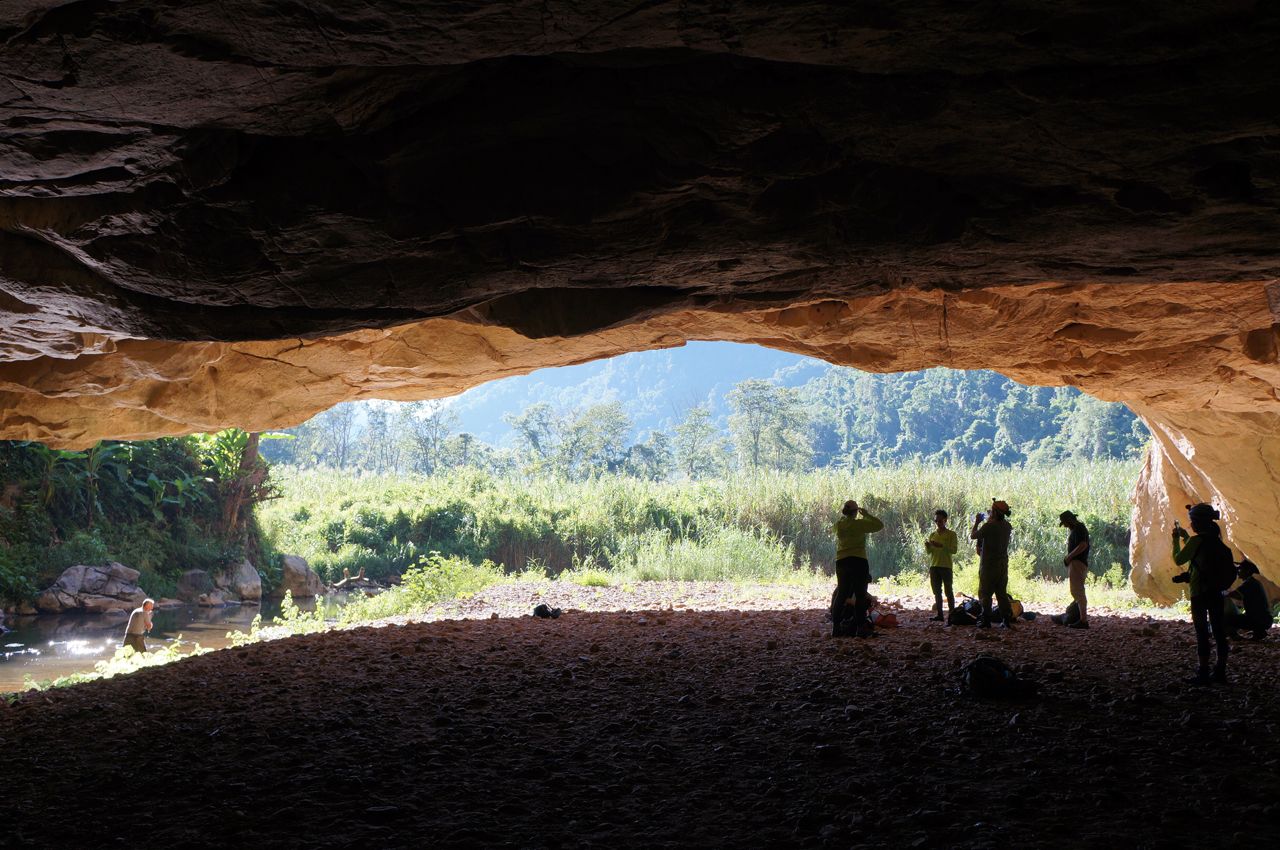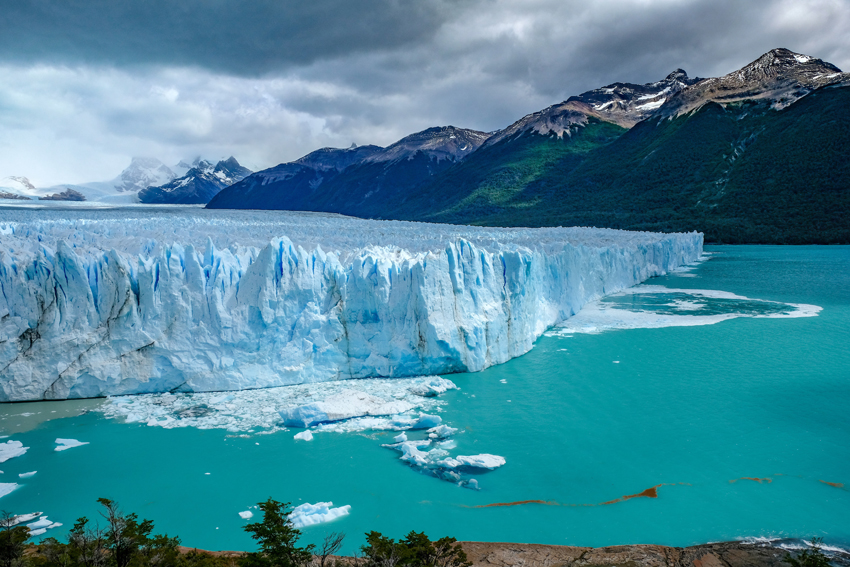IUCN’s advisory role on World Heritage and geodiversity
The 1972 UNESCO World Heritage Convention has recognised geodiversity from the outset of its work and is the longest standing global instrument for geodiversity conservation. As a founding organisation of the Convention and as its adviser on nature, IUCN has held the longest consistent role in geodiversity conservation science and practice of any global organisation.
Under the Operational Guidelines for the Implementation of the World Heritage Convention, criterion (vii) determines “Outstanding Universal Value” (OUV, which confers a site World Heritage status) based on geological values. Sites nominated under this criterion (vii):
“(viii) be outstanding examples representing major stages of earth's history, including the record of life, significant on-going geological processes in the development of landforms, or significant geomorphic or physiographic features.”
As of October 2022, there are 93 World Heritage sites currently listed under criterion (viii), including iconic places such as the Galápagos Islands, Yellowstone National Park, Swiss Alps Jungfrau-Aletsch, and the Namib Sand Sea. In undertaking its work on World Heritage, IUCN cooperates with a range of international specialist organisations focused on Earth Science, including the International Union of Geological Sciences, the International Association of Geomorphologists and the International Union of Speleology.







